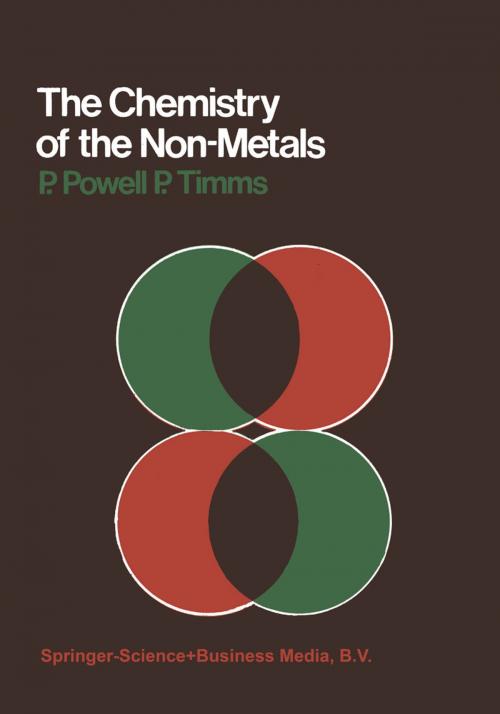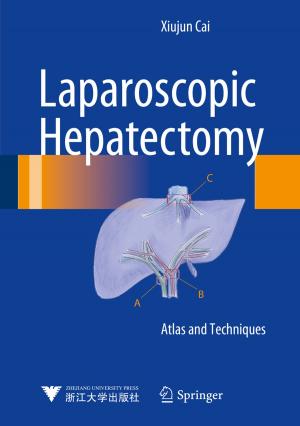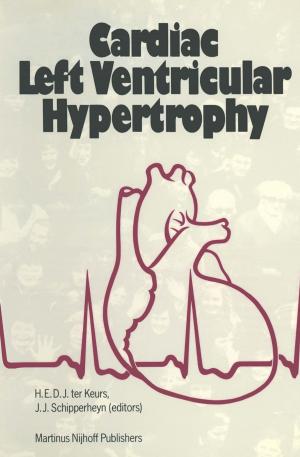The Chemistry of the Non-Metals
Kids, Natural World, Nonfiction, Reference & Language, Education & Teaching, Science & Nature, Science| Author: | P. Powell | ISBN: | 9789401169042 |
| Publisher: | Springer Netherlands | Publication: | June 29, 2013 |
| Imprint: | Springer | Language: | English |
| Author: | P. Powell |
| ISBN: | 9789401169042 |
| Publisher: | Springer Netherlands |
| Publication: | June 29, 2013 |
| Imprint: | Springer |
| Language: | English |
This book is a new attempt to interrelate the chemistry of the non-metals. In the early chapters, simple compounds of the non-metals with the halogens, hydrogen, and oxygen are surveyed, permitting a large area of chemistry to be discussed without the burden of too many facts. The structural relationships in the elemental forms of the non-metals are then used as an introduction to the catenated compounds, including the boron hydrides. In the concluding chapter, selected heteronuclear chain, ring, and cage compounds are con sidered. In some chapters, we have thought it useful to outline important features of a topic in relation to chemical theory, before giving a more detailed ac count of the chemistry of individual elements. The book is certainly not comprehensive and the bias in the material selected probably reflects our interest in volatile, covalent non-metal compounds. Suggestions for furt her reading are presented in two ways. A selected bibliography lists general textbooks which relate to much of our subject matter. References in the text point to review articles and to a few original papers which we consider to be of special interest. Although there are few difficult concepts in the text, the treatment may be appreciated most by students with some previous exposure to a Group by Group approach to non-metal chemistry. We have assumed an elementary knowledge of chemical periodicity, bonding theory, thermodynamics, and spectroscopic methods of structure determination.
This book is a new attempt to interrelate the chemistry of the non-metals. In the early chapters, simple compounds of the non-metals with the halogens, hydrogen, and oxygen are surveyed, permitting a large area of chemistry to be discussed without the burden of too many facts. The structural relationships in the elemental forms of the non-metals are then used as an introduction to the catenated compounds, including the boron hydrides. In the concluding chapter, selected heteronuclear chain, ring, and cage compounds are con sidered. In some chapters, we have thought it useful to outline important features of a topic in relation to chemical theory, before giving a more detailed ac count of the chemistry of individual elements. The book is certainly not comprehensive and the bias in the material selected probably reflects our interest in volatile, covalent non-metal compounds. Suggestions for furt her reading are presented in two ways. A selected bibliography lists general textbooks which relate to much of our subject matter. References in the text point to review articles and to a few original papers which we consider to be of special interest. Although there are few difficult concepts in the text, the treatment may be appreciated most by students with some previous exposure to a Group by Group approach to non-metal chemistry. We have assumed an elementary knowledge of chemical periodicity, bonding theory, thermodynamics, and spectroscopic methods of structure determination.















